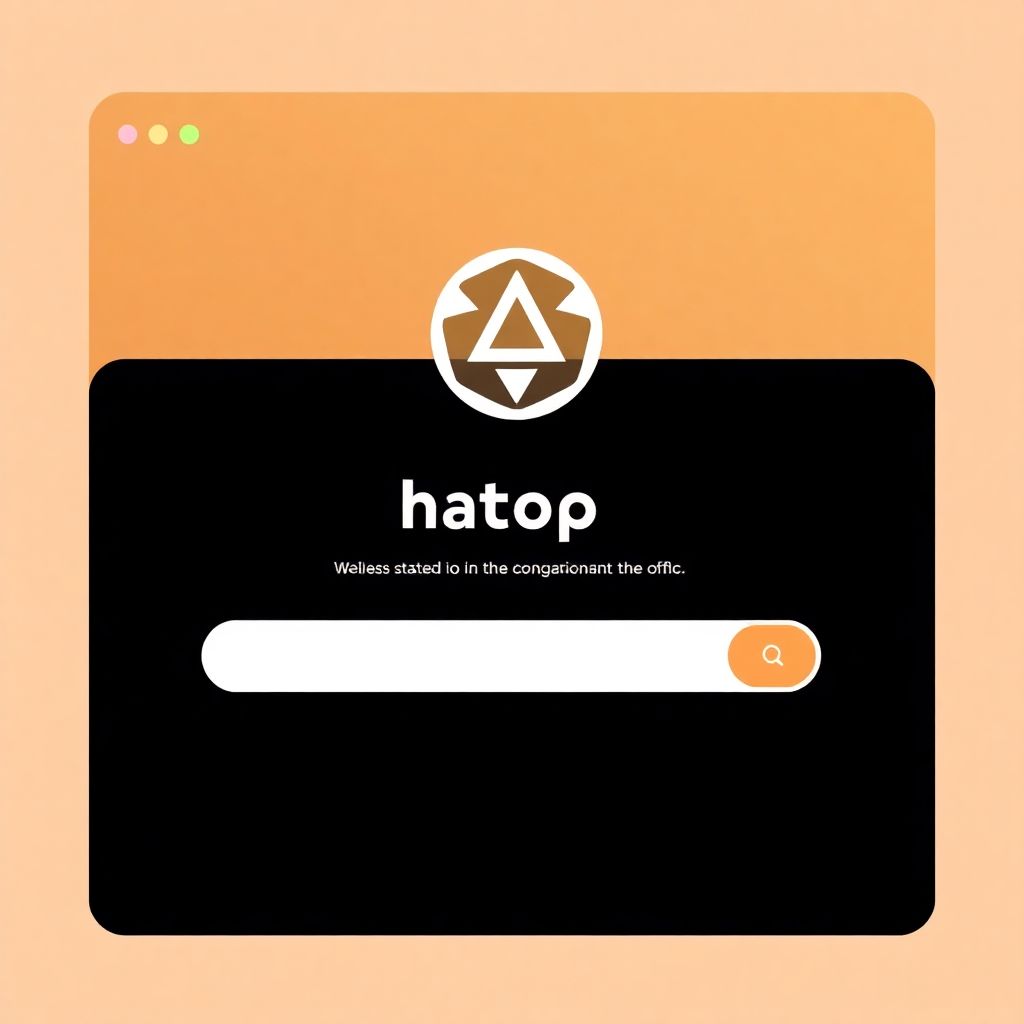OpenAI has officially entered the competitive web browser market with the launch of ChatGPT Atlas—an AI-enhanced browser that aims to revolutionize how users interact with the internet. By merging advanced language models with a traditional browsing interface, Atlas is designed to streamline tasks like reading, planning, and interacting with online content. This bold move directly challenges tech giants like Google, whose Chrome browser has long dominated the market.
ChatGPT Atlas made its debut on macOS, with OpenAI confirming that support for Windows, iOS, and Android is on the horizon. According to OpenAI CEO Sam Altman, the goal is to make the browser accessible to as many users as possible, as quickly as possible.
At its core, Atlas is built on Chromium, the same open-source engine that powers both Google Chrome and Microsoft Edge. This foundation not only ensures compatibility with modern web standards but also allows OpenAI to focus on integrating its AI features without reinventing the browsing experience from scratch.
One of the standout features of ChatGPT Atlas is its integration of an intelligent assistant called Operator. This AI agent can autonomously complete a wide range of online tasks, including filling out forms, making reservations, summarizing articles, and navigating websites. Essentially, Operator acts as a digital co-pilot, reducing the friction of interacting with the web while boosting productivity.
Unlike traditional browsers that passively render pages, Atlas is designed to engage actively with content on behalf of the user. For instance, instead of manually searching for a restaurant, checking availability, and booking a table, users can instruct Operator to handle the entire process. This shift from manual interaction to task delegation is a major step toward a more intuitive and efficient online experience.
OpenAI envisions Atlas as more than just a browser—it’s a platform for AI-enhanced workflows. Users can expect seamless integration with ChatGPT’s capabilities, including natural language understanding, code generation, and data summarization. This makes Atlas particularly appealing for professionals, students, and anyone juggling complex online tasks.
Security and privacy were also emphasized during the unveiling. Since Atlas is based on Chromium, it inherits robust security protocols, and OpenAI has committed to transparent data handling practices. The AI features are designed to operate locally whenever possible, minimizing the amount of data sent to external servers.
This innovation comes at a time when AI is rapidly reshaping the digital landscape. From personalized assistants to smart search engines, the browser has become a critical interface for AI integration. With Atlas, OpenAI is positioning itself to be at the forefront of this transformation.
Although Chrome remains the market leader, it faces increasing scrutiny over privacy concerns and its reliance on ad-driven revenue. Atlas, in contrast, presents a user-centric alternative, focused on enhancing the browsing experience with practical AI tools rather than monetizing user behavior.
The competition is heating up, as other players like Microsoft are also embedding AI into their browsers. However, OpenAI’s unique advantage lies in its proprietary language models, which power the functionality of ChatGPT and now breathe life into Atlas. This could give it a significant edge in delivering deeper and more context-aware web interactions.
In the coming months, the real test will be user adoption. Atlas must prove that it can not only match but exceed the performance and convenience of existing browsers. If successful, it could redefine how millions of people use the internet—shifting from passive browsing to active collaboration with AI.
To further support its users, OpenAI is expected to roll out integrations with productivity apps, cloud services, and possibly even third-party plugins. This signals that Atlas may evolve into a full-fledged AI workspace, blurring the lines between browser, assistant, and digital office.
In summary, OpenAI’s launch of ChatGPT Atlas marks a significant milestone in the evolution of web technology. By embedding AI deeply into the browser experience, the company is challenging long-standing industry norms and offering a glimpse into a future where the internet becomes not just searchable, but truly interactive.

